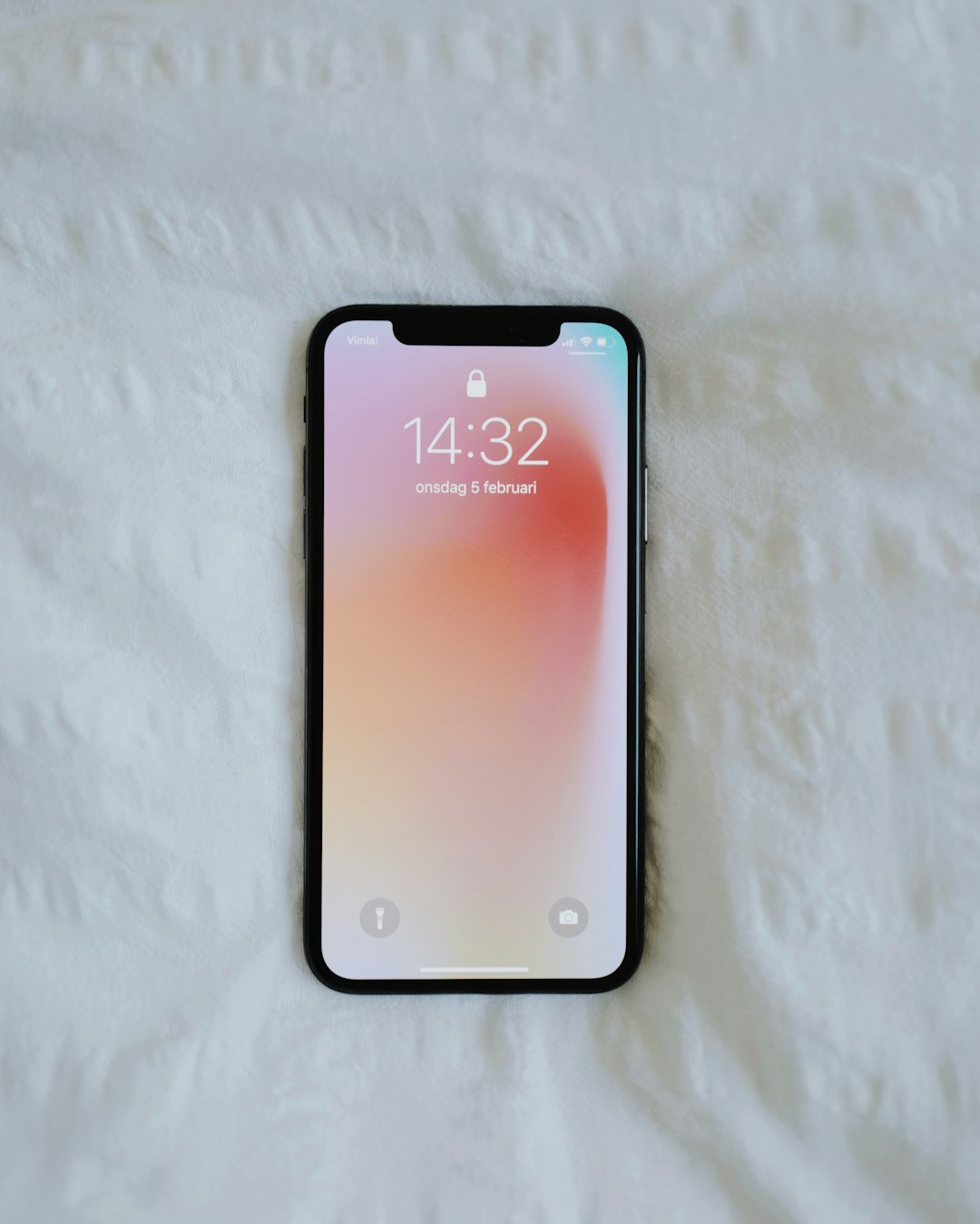Unwanted call law firms have become a significant problem for residents in Illinois, leading the state to introduce strict regulations. These new laws empower citizens to control their phone numbers and block nuisance calls by giving telemarketers stringent guidelines, such as obtaining prior written consent. The Federal Trade Commission (FTC) plays a crucial role in protecting consumers from deceptive practices, enforcing the Telemarketing and Consumer Fraud and Abuse Prevention Act (TCFA). By collaborating with local authorities, educating consumers, and utilizing Do Not Call registries, the FTC ensures a peaceful communication environment. Consumers in Illinois have robust protections under the TCPA against automated or prerecorded calls without explicit consent and can report unwanted calls from law firms to aid in protecting their rights.
In Illinois, the Federal Trade Commission (FTC) plays a pivotal role in combating unwanted calls, ensuring consumer protection under stringent state laws. This article delves into the intricate web of regulations surrounding these irksome practices, exploring the FTC’s jurisdiction and its enforcement strategies within Illinois. We’ll unpack the rights of consumers and the penalties for violators, offering valuable insights for those seeking redress from persistent unwanted call law firms in Illinois.
Understanding Unwanted Calls and Illinois Law

Unwanted calls, often referred to as telemarketing or robocalls, have become a prevalent and annoying issue for many Illinois residents. These automated phone calls, usually promoting products or services, can be disruptive and invasive. In response to this growing concern, Illinois has implemented strict regulations to protect its citizens from unwanted call law firms. The state’s laws aim to ensure that individuals have control over their phone numbers and can block these nuisance calls effectively.
Under Illinois law, telemarketers must comply with specific guidelines, including obtaining prior express written consent before making automated or prerecorded calls to consumers. Unwanted call law firms that violate these rules face significant penalties. Residents of Illinois can take action by registering their phone numbers on the state’s Do Not Call list, which restricts calls from certain sources. This measure is a powerful tool in combating unwanted calls and empowering individuals to reclaim their privacy.
The Federal Trade Commission (FTC): Its Role and Jurisdiction

The Federal Trade Commission (FTC) plays a pivotal role in protecting consumers from deceptive and harmful practices, including unwanted calls. As a federal agency with broad regulatory powers, it enforces laws designed to safeguard individuals’ rights and promote fair business conduct. Its jurisdiction extends to various forms of communication, making it a key player in the regulation of unwanted call law firms in Illinois.
The FTC’s mandate includes preventing fraud, false advertising, and unfair business tactics. In the context of unwanted calls, they work diligently to stop telemarketing practices that violate consumer privacy and rights. This involves investigating complaints, issuing guidelines, and taking legal action against companies engaging in abusive or illegal call practices. By upholding the Unwanted Call Law in Illinois, the FTC ensures that residents are free from relentless marketing calls, fostering a more peaceful and respectful communication environment.
How the FTC Regulates and Enforces Anti-Unwanted Call Measures in Illinois

The Federal Trade Commission (FTC) plays a pivotal role in regulating and enforcing anti-unwanted call measures in Illinois, ensuring that residents are protected from intrusive phone calls. Under the Telemarketing and Consumer Fraud and Abuse Prevention Act (TCFA), the FTC establishes guidelines and enforces rules to curb abusive telemarketing practices, including unwanted calls. One of its primary functions is to investigate complaints from Illinois residents regarding nuisance calls and take appropriate legal action against violators.
The FTC collaborates with state agencies and local law enforcement to monitor and penalize call centers and individuals engaging in illegal telemarketing activities. They employ various tools, such as consumer education campaigns and technical measures like Do Not Call registries, to empower citizens and prevent unwanted calls at the source. Additionally, the FTC offers resources and guidance to Illinois-based law firms specializing in consumer protection, enabling them to effectively combat violations of anti-unwanted call laws.
Rights of Consumers and Consequences for Violations

In Illinois, consumers have a range of rights when it comes to unwanted calls from law firms and other businesses. According to the Unwanted Call Law (also known as the Telephone Consumer Protection Act or TCPA), companies must obtain explicit consent before making automated or prerecorded calls to individuals. This includes calls from law firms advertising their services, seeking potential clients, or providing legal advice. Consumers can stop these calls by requesting that the firm removes their number from its call list.
Violations of the unwanted call laws can result in significant financial penalties for law firms and businesses. The Federal Trade Commission (FTC) enforces these regulations and may impose fines of up to $1,500 per violation. In cases where consumers have suffered substantial harm or where there is a pattern of negligence, civil penalties can be even higher. Consumers who experience unwanted calls from law firms in Illinois are encouraged to report these incidents to the FTC or relevant state agencies to protect their rights and help curb excessive legal telemarketing practices.






